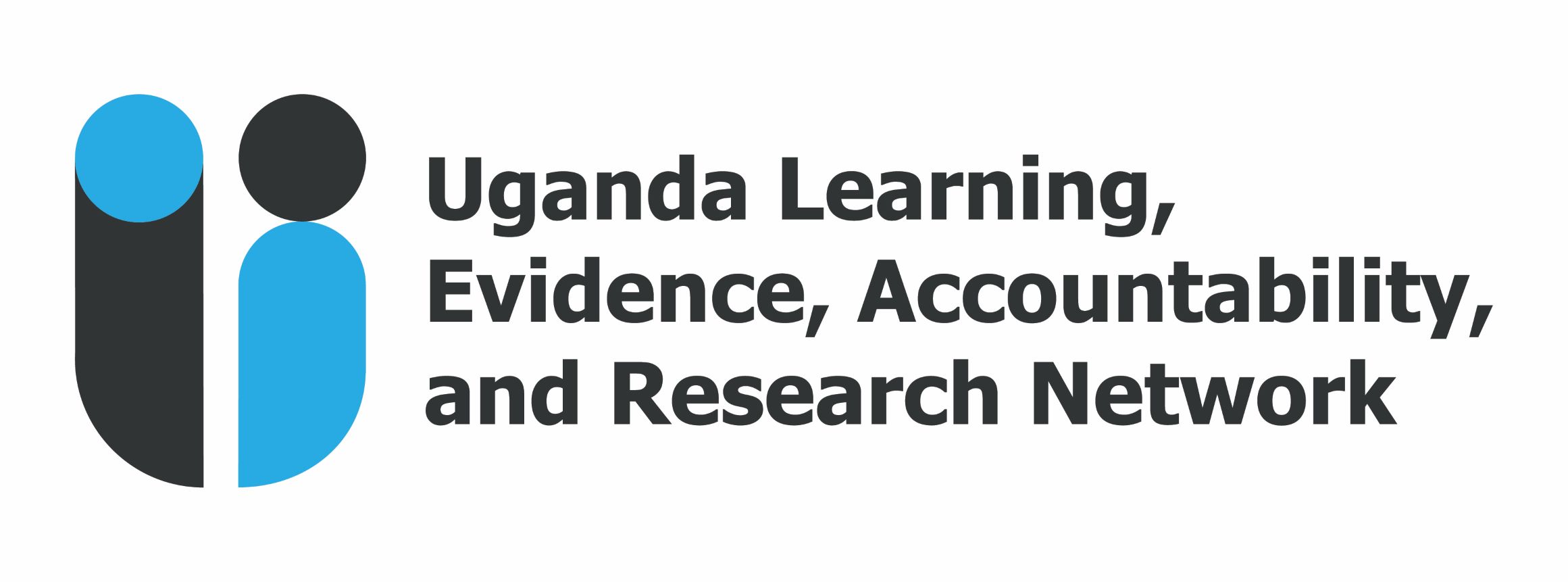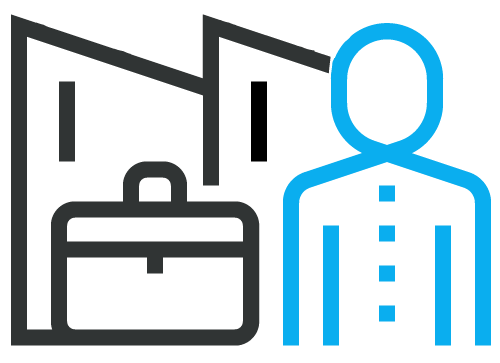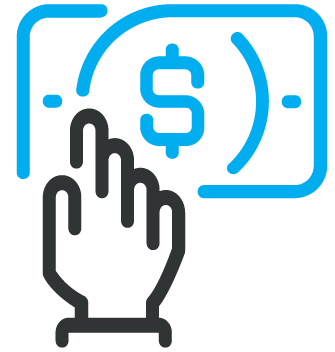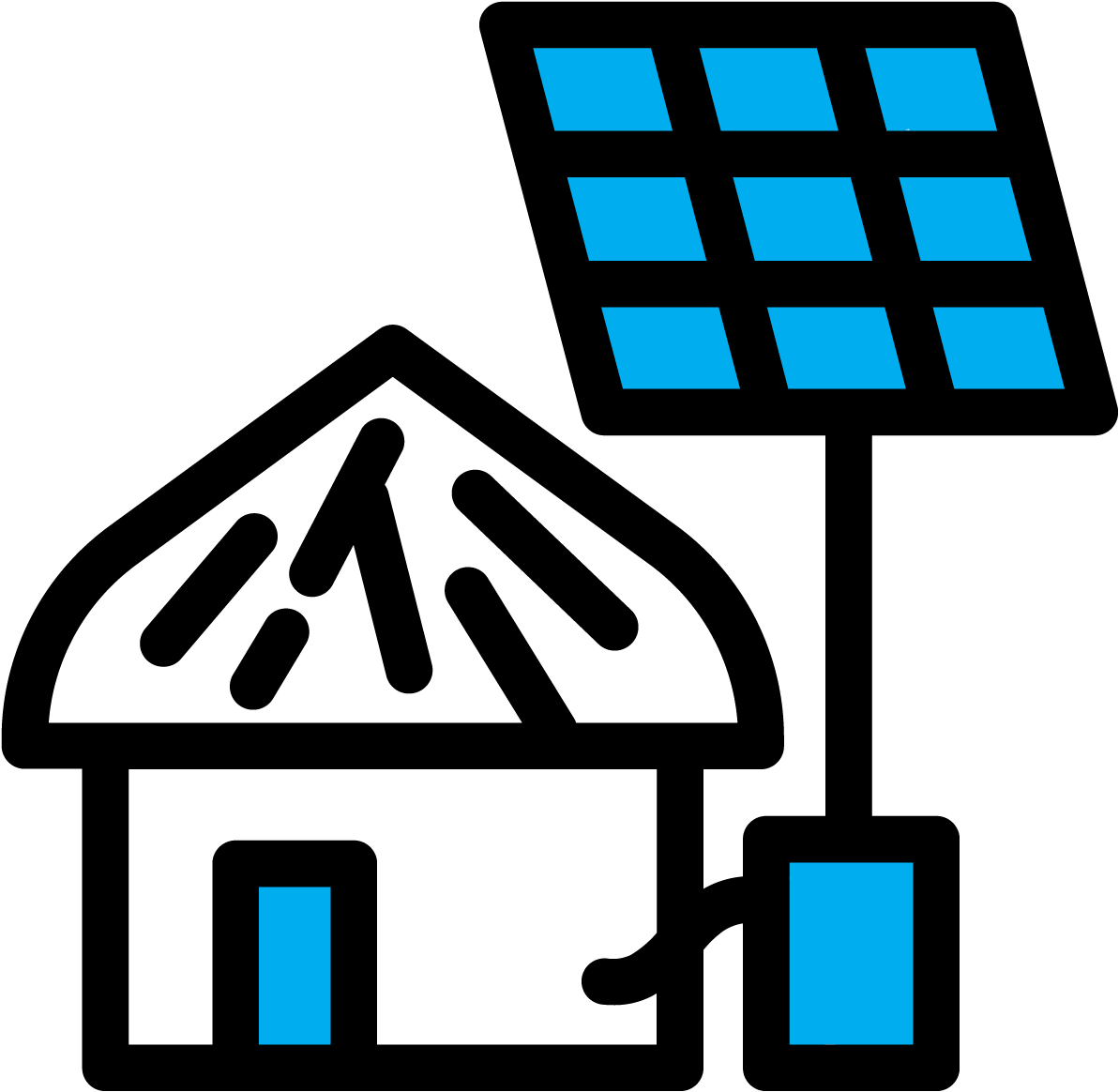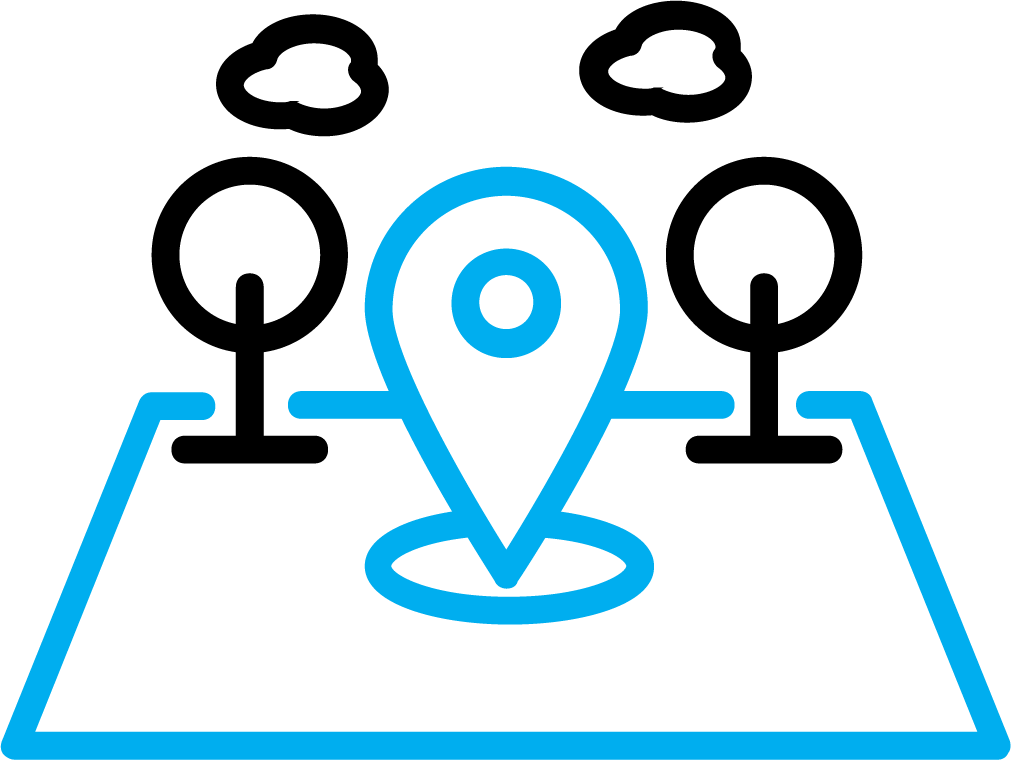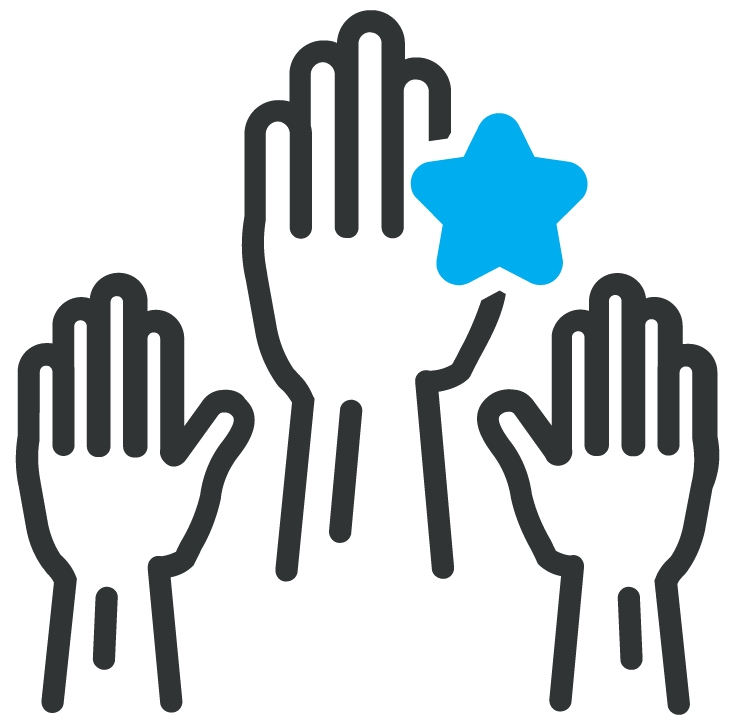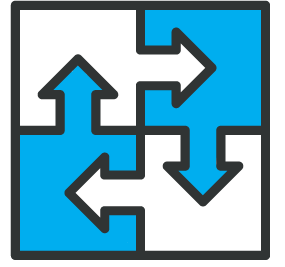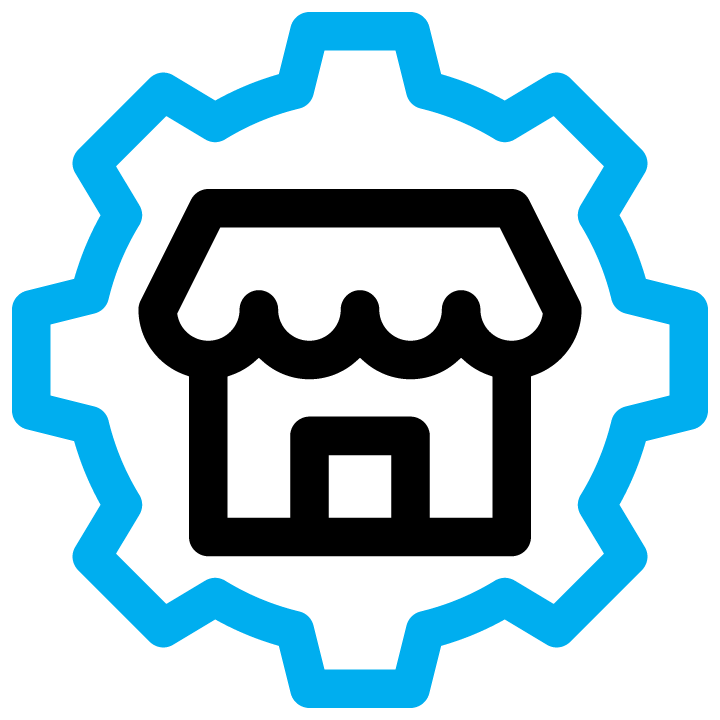Do you need Learning Support?
Our Tailored Evidence and Learning Service (TELS)
is here to assist you!
What is TELS?
Are you delivering, supporting, or planning to support emergency and resilience activities for refugees in Uganda? Do you need a quick summary of the latest research within the Uganda refugee response? Do you want to bring key actors together to learn from each other? Or do you need an engaging visualisation of a critical resource?
The Tailored Evidence and Learning Service (TELS) is a free service provided by U- Learn; it is designed to support response stakeholders with cross-sectoral learning to increase the use of evidence and good practices in the Uganda refugee response.
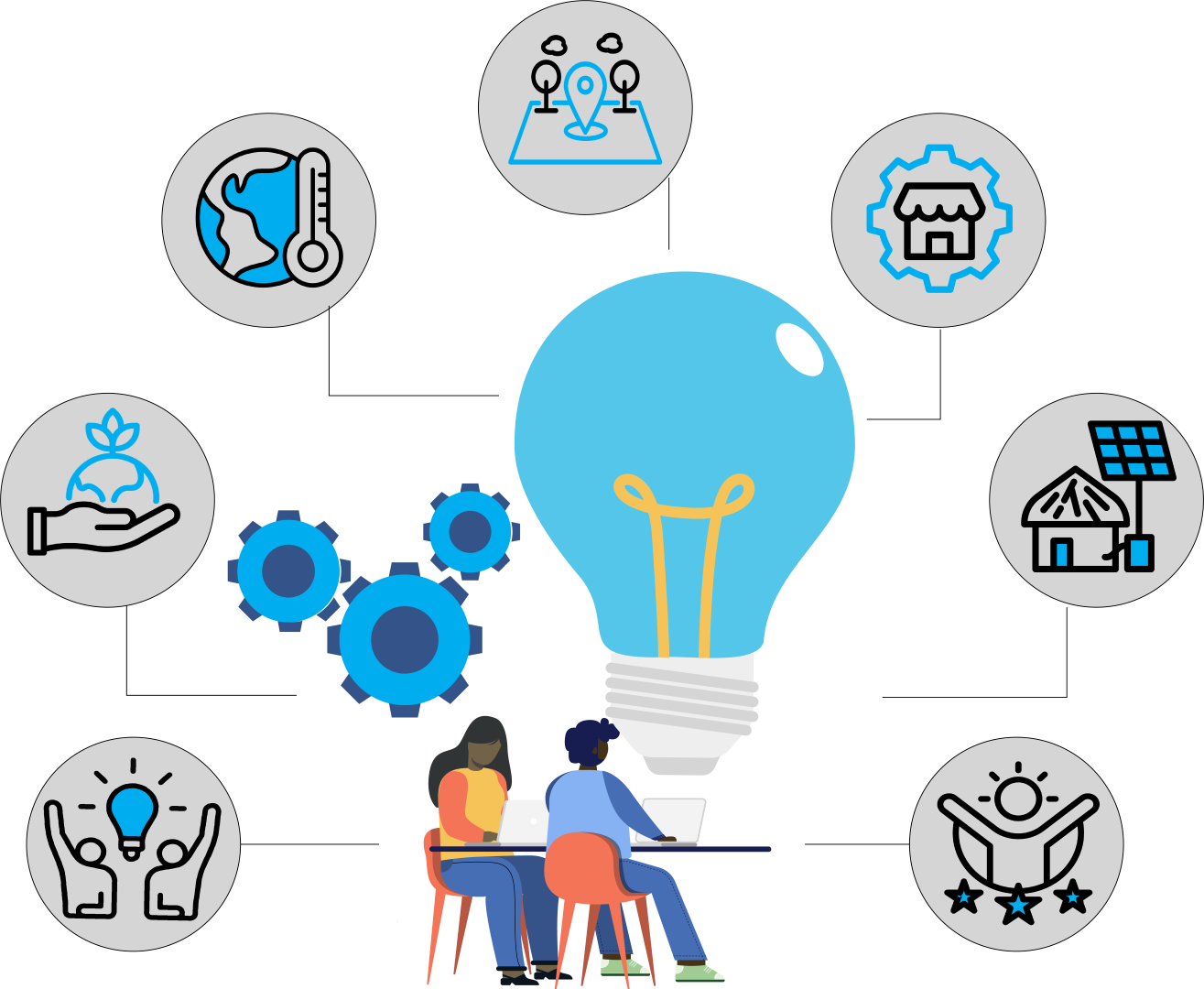
Thematic focus
The TELS supports learning and evidence requests concerning the following themes: Self-Reliance, Climate, Participation, and the Humanitarian-Development Nexus. (See the Learning Agenda in the illustration below this page)
How to request services from TELS
Refugee response actors can request services from TELS using the online application form available at the bottom of this page.
Who can request support from TELS?
All refugee response actors working in Uganda, including:
a) Government Actors
b) INGOs
c) UN Agencies
d) National NGOs
e) Private Sector Actors
f) Innovators
g) Faith-based Organisations
h) Refugee Led Organisations
i) Academic Institutions
Thematic Scope
Contribute to self-reliance and nexus programming in protracted crisis

Self-Reliance
 Sustainable Livelihoods
Sustainable Livelihoods Private Sector Engagement (PSE)
Private Sector Engagement (PSE) Financial Inclusion
Financial Inclusion

Climate & Environment
 Energy
Energy Land
Land Climate Adaptive Programming
Climate Adaptive Programming

Participation
 Accountability (AAP)
Accountability (AAP) Localisation
Localisation
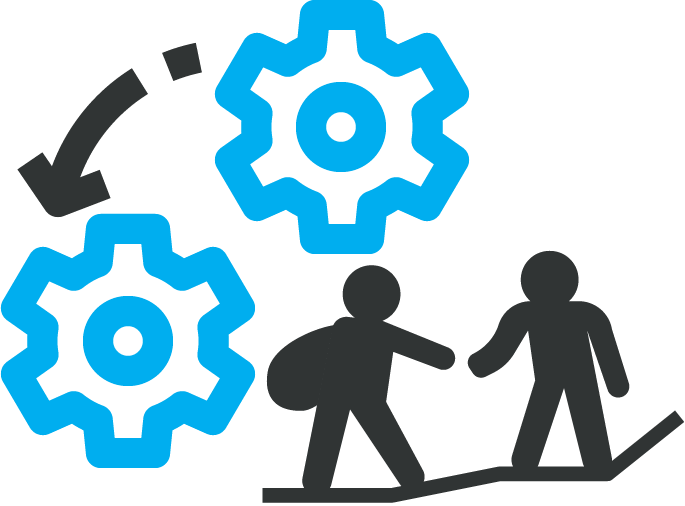
Humanitarian Development Nexus
 Integrated Response
Integrated Response Market System Development (MSD)
Market System Development (MSD)
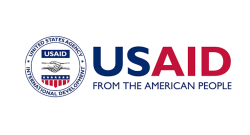
This program is made possible by the generous support of the American people through the United States Agency for International Development (USAID).
TELS SERVICES
- Resource Curation: Bring together and select the most relevant existing knowledge and evidence.
E.g.: annotated bibliographies and analytical summaries. - Documentation & Research: Capture and systematically document recent experiences and innovations of key actors from the Ugandan context.
E.g.: Good practice studies, case studies, and discussion papers. - Synthesis & Summaries: Make existing evidence and knowledge more accessible and actionable.
E.g.: Short briefs, fact sheets, visuals, communication style products such as blogs or articles. - Convene: Bring actors together in face-to-face or online events to facilitate peer-learning. E.g.: round-tables, learning consultations, learning discussions, or dissemination events. Services are subject to the availability of resources at the time of the request.
- Resource Curation: Bring together and select the most relevant existing knowledge and evidence.
